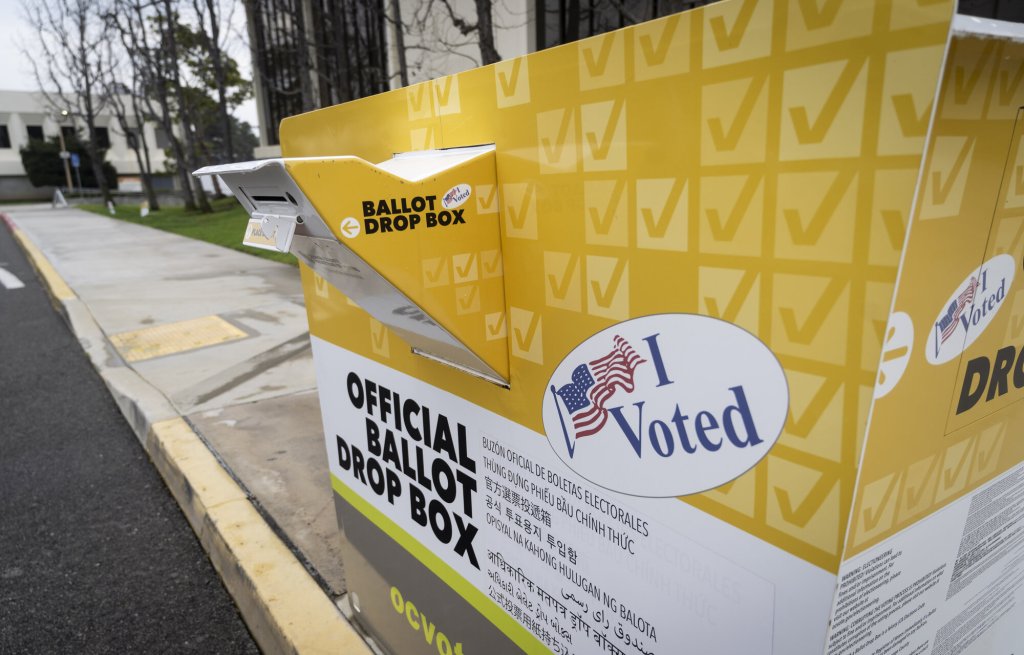
They say all politics is local.
But “they” certainly don’t say anything about how to actually break into the world of politics.
It’s a bit daunting, figuring out just how to get involved in local politics — even for someone like me, a politics editor who lives, breathes and works in the political world.
But local politics is one path you can take to connect with your community and to make tangible impacts.
You might play a role in adding a crosswalk at a busy intersection in your neighborhood, making it safer for those after-dinner evening walks you vow to do with every New Year’s resolution. You may weigh in on what types of trees will be planted along your street, possibly saving yourself from having to dig your car out from underneath inches of bright yellow pollen every spring.
Or you could have a say in how your money, those tax dollars, are being spent.
But how? How can you do all this, and more, especially if running for elected office isn’t on your bucket list?
Let us give you a bit of a roadmap.
Mingle with your neighbors: Instead of asking your neighbor to “borrow” a cup of sugar, chat with those in your neck of the woods about issues they are experiencing in your neighborhood.
You might find some commonality — that pothole also snuck up on you during your morning rush to work! — and a built-in team who can join you in advocating for the community.
Check, too, if your city has official neighborhood groups or community councils you could join. Sprawling Los Angeles, for example, boasts 99 neighborhood councils that advocate for their communities on a bevy of issues, including development and homelessness, and hold events for neighbors to get to know one another.
Embrace your passions — and your identity: Your favorite hobby could be your gateway into local politics.
Oodles of interest groups exist that advocate to lawmakers at all levels for policies — and money — to keep their missions afloat. For those concerned about the environment, consider Sierra Club California, which promotes conservation efforts. Those with a more religious outlook could check out the California Family Council, where advocacy work includes religious liberty and family issues.
Even classic car enthusiasts can get in on the political game. Recently, a group asked legislators in Sacramento to exempt classic cars from certain emissions laws. And just a couple of years ago, members of the United Lowrider Coalition celebrated a new law prohibiting local governments from banning cruising.
Consider, also, embracing your identity.
There are groups like Power California, which engages young people in the civic process, or She the People, which helps women of color become political leaders.
What makes you you could also make for a formidable foray into politics.
Just show up: In this post-pandemic era, most city council meetings are live-streamed and videos of past meetings are generally posted online.
Those are always good ways to catch up, but if you want to become a voice for your community, it might be time to put a face to the name — and get out to a council meeting or city planning event. Get to know those who are elected to serve their communities and neighbors — and you.
Cast that ballot: That’s probably the least surprising pearl of wisdom a political journalist could impart, isn’t it?
Still, it’s true. Vote — but not just in big presidential elections.
And encourage your neighbors to make sure they are registered to vote and have a plan to cast that ballot. In California, it’s incredibly simple. Just enter your name, birthdate and a state driver’s license or identification card or Social Security number on the Secretary of State’s website, and voila! Your voter status appears!



